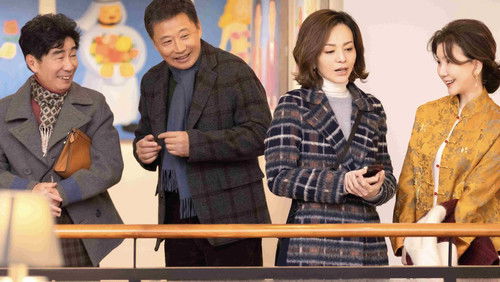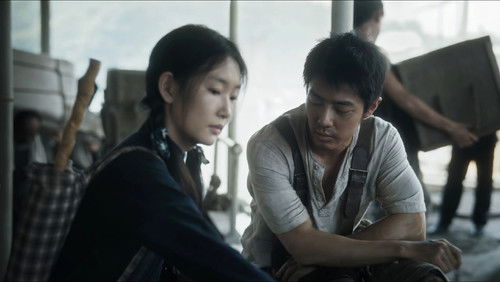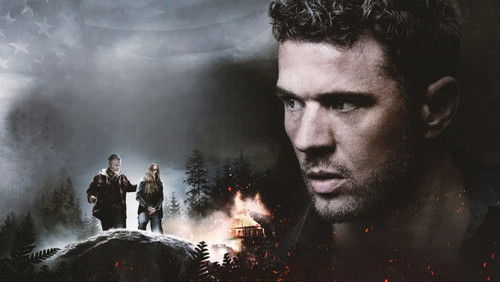Tokio-Joe (1949)
10KTokio-Joe: Directed by Stuart Heisler. With Humphrey Bogart, Alexander Knox, Florence Marly, Sessue Hayakawa. An American returns to Tokyo try to pick up threads of his pre-WW2 life there, but finds himself squeezed between criminals and the authorities.
“Several years ago I stumbled upon a 35 cent biography of Humphrey Bogart written shortly after his death. In it he comments on many of his films, including Tokyo Joe. u0026quot;Utterly worthless pictureu0026quot; he noted. Many critics agree as they dismiss this piece of hokum about what happens when a former soldier returns to what was his u0026quot;home townu0026quot; before the war. Thing have changed. It is not the paradise it once was to him and it is certainly no u0026quot;Ricku0026#39;su0026quot; Instead of u0026quot;As Time Goes Byu0026quot; we hear u0026quot;These Foolish Things,u0026quot; a better song but not nearly as famous.u003cbr/u003eu003cbr/u003eTokyo Joe was made not long after Bogey had left Warner Brothers and it has more than a whiff of a u0026quot;message pictureu0026quot; that strikes to find some meaning in postwar Tokyo. But like u0026quot;House Of Bamboou0026quot; this film works not only as melodrama but as historical artifact of a period that is now forgotten. We donu0026#39;t think of the Japanese as a defeated power. Ever since the Honda Accord and the Toyota Camry started blowing away American competition we have thought of the Japanese as a superpower economically, not as a crippled defeated country. This film captures a mood that is rarely expressed in movies and it captures it with rather high production values. The rest of the cast isnu0026#39;t much but they play it straight and thus Tokyo Joe stands up even better after the initial viewing. The DVD transfer is very good and it remains a worthy addition to the Bogart canon.”









